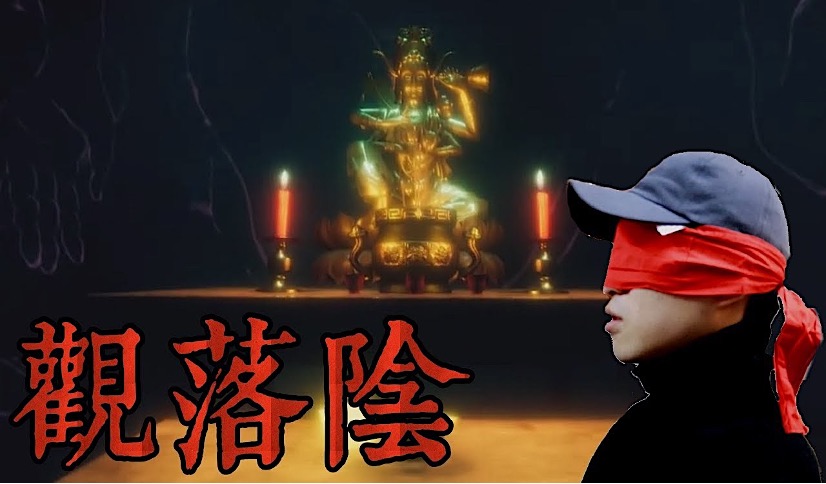
Abstract
This article examines the intersection of Taiwanese horror videogame Devotion (2019) and folk religious ritual guanluoyin 觀落陰 (descent into the netherworld) as a new window into the symbiotic evolution of religion and gaming technology. It traces the curious trend whereby Taiwanese gamers, after encountering guanluoyin while playing Devotion, went to offline, physical guanluoyin temples to ‘play’ the ritual for themselves, and playfully invoked Devotion’s intra-game religious narrative in their extra-game lives. Devotion thus activated a dynamic community of gamers who, hungry for horror, produced novel forms of engagement with the world(s) beyond their consoles. This anthropological study reconfigures the popular framework in existing scholarship of ‘gaming as a religious experience’, instead investigating ‘religion as a gaming experience’, and proposes the concept of ‘religious gamification’ to capture religion’s re-imagination, marketing, and operation as a gaming experience by a surprising ensemble of social actors and institutions. By drawing on ethnographic fieldwork, interviews, and analyses of game design, temple advertisements, gaming chatrooms, a television show, songs, viral videos, and social media trends, this article explores the unexpected convergence and mutual articulation of Taiwan’s gaming and religious cultures, and the wider implications thereof for understanding religion in our rapidly gaming-mediated world.
Image: YouTube thumbnail from a “real-life Devotion” guanluoyin gaming video with the in-game figure of Cigu Guanyin in the background (Wanggou, 2019)
- Devotion,
- guanluoyin,
- gaming,
- popular religion,
- popular culture,
- play spaces,
- religious gamification,
- religious commodification,
- prosumption
